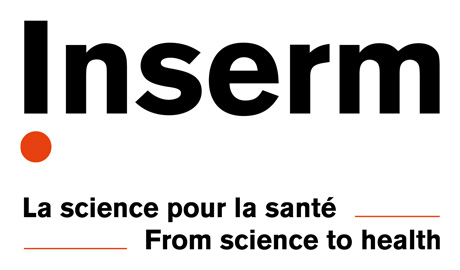





Type of contract CDD
Location Paris,
Statut Available
Key Words
Details of the offer
Type of job
Type of contract CDD
Application deadline
Employment start date
Contact
Position 1 (Poncer lab): To apply, please send a CV, a brief description of experience and research interests, and the names and email addresses of two references to j-c.poncer@icm-institute.org
Position 2 (Baulac lab): To apply, kindly provide your CV, a concise description of your experience and research interests, and contact information of two references to stephanie.baulac@icm-institute.org
KEY WORDS | cortical malformation, epilepsy, neuroscience |
CITY | Paris |
COUNTRY | France |
DETAILS OF THE OFFER | Working place: the Poncer lab at the Institut du Fer à Moulin (position 1) and the Baulac lab at the Paris Brain Institute (position 2) Two fully funded 36-month postdoc positions are open immediately in the Poncer lab at the Institut du Fer à Moulin and the Baulac lab at the Paris Brain Institute, to study the molecular and cellular determinants of epileptic networks associated with focal cortical dysplasia. This ANR-funded collaborative project brings together 3 leading European groups in the fields of neurodevelopment and epilepsy (Stéphanie Baulac and Jean Christophe Poncer in Paris, and Denis Jabaudon at Univ. Geneva). Cortical malformations are a major cause of childhood epilepsy and are often caused by germline mutations but also by somatic mutations affecting only a subset of neurons. Such brain mosaicism is implicated in several neurodevelopmental disorders and cortical malformations, including focal cortical dysplasia (FCD), which is the most common developmental malformation causing refractory epilepsy. Our project aims to understand how FCD promotes epilepsy. Specifically, we will explore the molecular and circuit basis of cortical malformation and epileptogenesis in FCD. By combining single-cell transcriptomics and electrophysiological studies on postoperative tissue from human FCD patients and a clinically relevant mouse model, we will functionally interrogate specific molecular pathways and cell subtypes and their contribution to circuit hyperexcitability.
Position 1 (Poncer lab): Missions: The successful candidate will join a dynamic, multidisciplinary research team focused on the molecular and cellular determinants of epileptic networks, with expertise ranging from single molecule tracking approaches to in vitro and in vivo electrophysiology. He/she will perform in vitro electrophysiological recordings (patch-seq combined with LFP) from postoperative human brain tissue and brain slices from animal FCD models to correlate pathological network activity with single-molecule electrophysiological and transcriptomic signatures. He/she will also participate in consortium activities including annual scientific meetings, progress reports, and interaction with patient organizations for outreach activities. Qualifications: Candidates should have a PhD in neuroscience and a strong background in in vitro slice electrophysiology (patch clamp). Excellent teamwork and communication skills in English are required.
Position 2 (Baulac lab): Missions: The successful candidate will join a dynamic, multidisciplinary research team focused on the molecular and cellular determinants of cortical malformations. He/she will perform genetics studies and single-cell OMICS from surigcal human brain tissue and from FCD mice models to correlate mTOR-related somatic mutations with single-cell transcriptomic signatures. He/she will also participate in consortium activities including annual scientific meetings, progress reports, and interaction with patient organizations for outreach activities. Qualifications: Candidates should have a PhD in genetics or neuroscience. A background in single-cell analysis would be a valuable asset. Excellent teamwork and communication skills in English are required.
|
TYPE OF JOB | Post-Doctorat - Post-Doctoral position |
TYPE OF CONTRACT | CDD (Temporary / 3 years) |